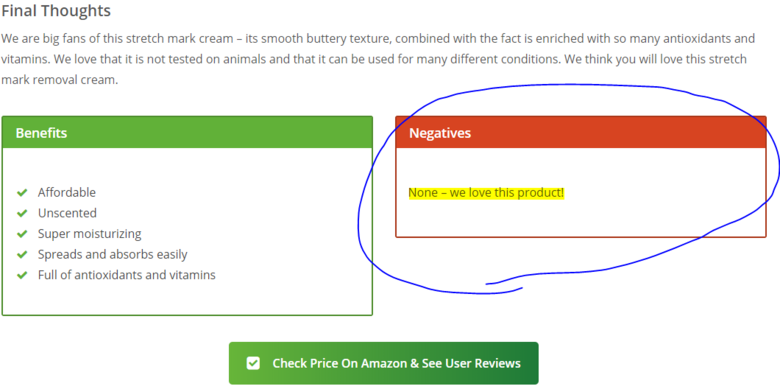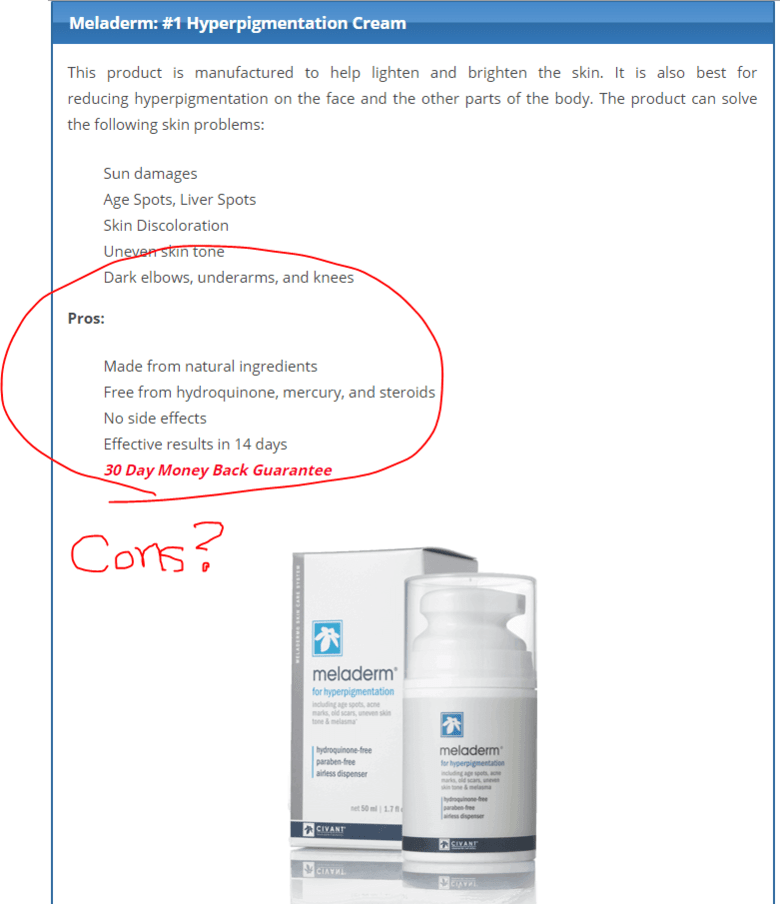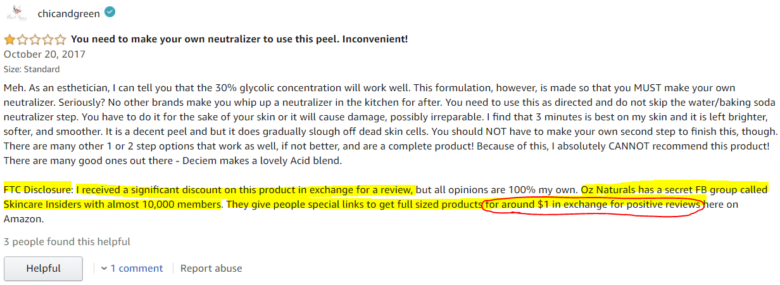
For the last few months, I've been analyzing the Internet through the lens of an affiliate marketer.
And it's been absolutely fascinating.
As I peel away the layers of this onion, I realize how little I understand about the Internet.
Let me explain what I mean.
What is your first instinct when you hear something that sounds a bit fishy?
Simple.
You pull out your smartphone and look it up on Google.
But many of us forget that Google doesn't provide the answers to our questions.
At its core, Google is a search engine, a powerful indexing algorithm like the old Dewey Decimal System for libraries (still remember that?).
The quality of online information depends solely on the owners of web properties (websites, blogs, YouTube channels, etc.).
Okay, so what's the issue here?
There are significant costs involved with creating any type of content (text, audio, video, etc.).
Someone had to spend time or money to write every article, record every podcast, and edit every YouTube video that's out there.
No one would rationally do all this for free (with the exception of pure hobbists).
Owners of web properties must earn a return on investment (ROI) to justify the costs of creating content, as well as additional costs to support the business.
That sounds reasonable. But is there any problem with all this?
Before I answer that question, we need to understand how web properties make money.
In general, web properties earn revenue from three main sources:
Many websites choose to focus on affiliate marketing because:
So are there any issues with affiliate marketing?

I'll say it like it is:
There's an inherent conflict of interest between the reader and the site owner who monetizes through affiliate marketing.
As an owner, you only make money when readers purchase recommended products on your site.
This can (and does) influence the content.
For example, suppose you write reviews about laptops and earn commissions on each sale. You are more likely to present the positive aspects of each laptop than the negative ones.
This can (and does) happen.
But let me be clear:
Professionals in other industries are also paid commissions for customer referrals:
Affiliate marketing is a legitimate business model.
But it happens to finance much of the online content that we enjoy today.
So what's the issue?
In other industries, we understand the conflict of interest with our advisor or salesperson.
It's disclosed to us and we manage it accordingly.
For example, investment advisors are required to disclose their compensation from mutual funds (CRM2 legislation in Canada).
But on the Internet, this is rarely disclosed and seldom explained to the reader.
In the US, the Federal Trade Commission (FTC) has taken some interest in affiliate marketing, but mainly to protect consumers from outright frauds and scams.
As far as I know, there is no legal requirement for a site to disclose its affiliate relationships.
However, some affiliate programs (such as Amazon Associates) require sites to provide certain disclosure. A step forward, yes, but the disclosure is often tucked away on a separate page.
Unfortunately, there are plenty of low quality and highly biased affiliate sites out there.
Let's look at a few examples.
Now for the fun part!
Here's a product review from an affiliate site (OGLF) for a stretch mark cream.
Notice how there are no "cons" listed for this product at all.
It must be perfect.

Here's an even worse one from TopSkinBrighteningCreams - there isn't even a "cons" section.

If you think these examples are the exception and not the rule, I can assure you that they are not.
In my research, I come across these types of low quality affiliate sites all the time.
That's not to say there aren't any high quality affiliate sites. But I wanted to pick out these examples to illustrate this positive bias and why it exists in the first place.
And it's not limited to websites, either - it exists on social media (promoted products and sponsorships) and even within customer reviews.
Here's a truly fascinating review that I read on Amazon for the OZ Naturals glycolic acid peel (hidden on the last page of the 1-star reviews):

This reviewer disclosed that the company has a "secret FB group" where members receive "full-sized products for around $1 in exchange for a positive review here on Amazon".
Wow.
So even Amazon ratings aren't necessarily genuine. And I'm sure they're not the only company using this type of method to pump up their ratings.
It's moments like this that make me realize how little I know about the Internet.
Integrity is my highest principle.
Despite the issues with affiliate marketing, I believe it can be done right with integrity.
One of my earliest role models was Pat Flynn.
He runs a site about online marketing called Smart Passive Income. I liked that he always discloses his affiliate relationships and sources of income.
For my own sites, I plan to provide adequate disclosure about how I make money.
I believe in letting great content speak for itself.
If readers enjoy my content, I think they'll be happy to support my work through affiliate links.
Affiliate marketing is here to stay.
It powers much of the Internet and provides content creators a viable monetization route.
But it comes with many challenges - disclosure isn't always required and positive biases can develop (even in well-intentioned writers).
The moral of the story is:
Don't Believe Everything You Hear Read On The Internet